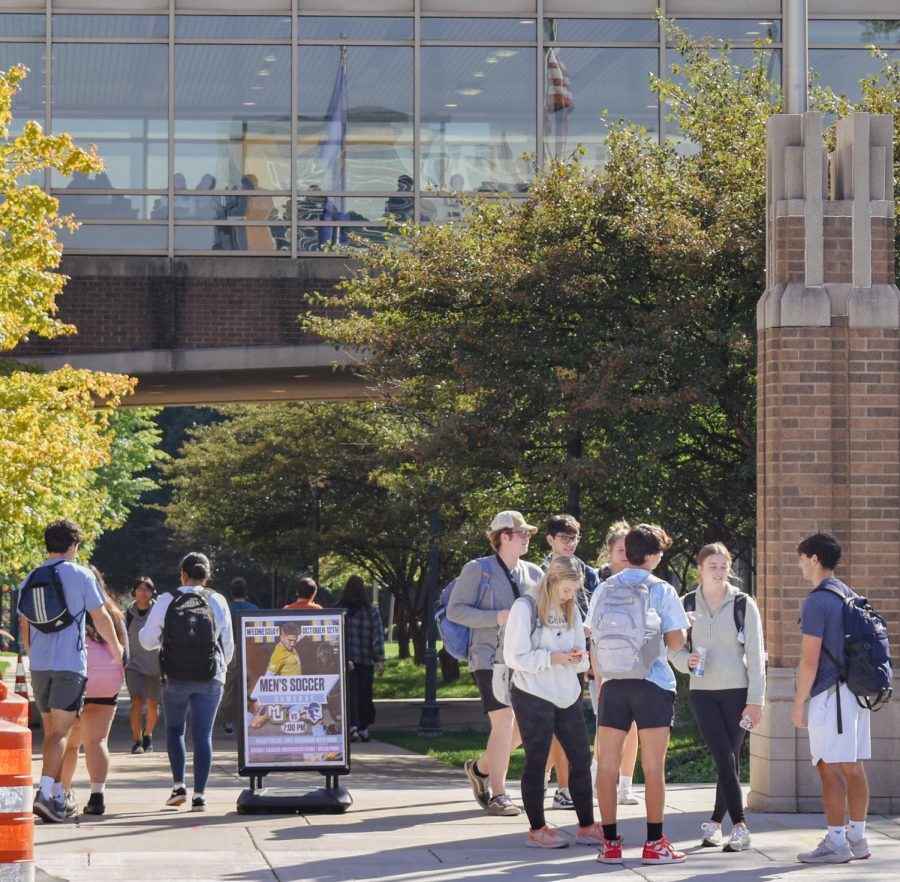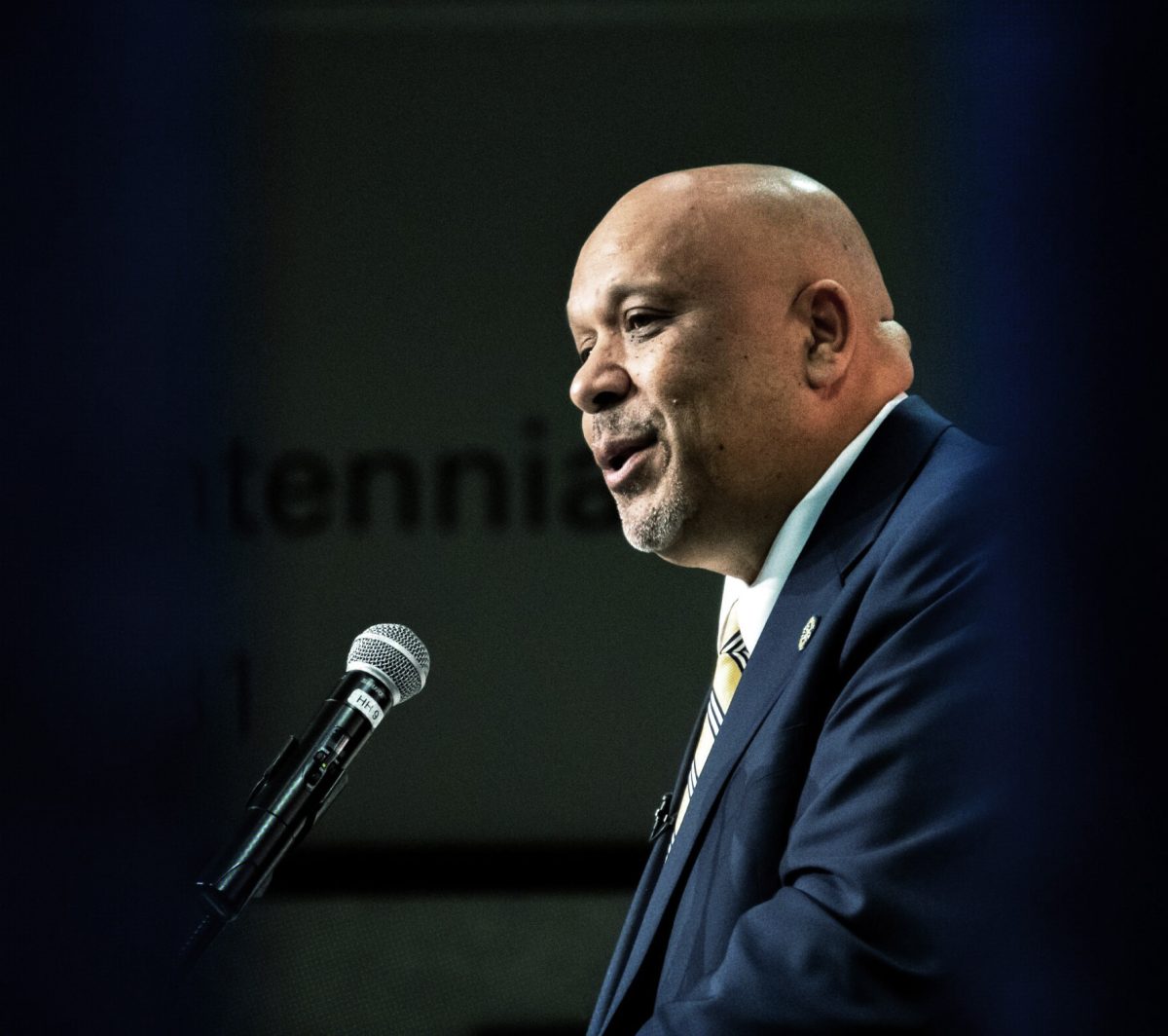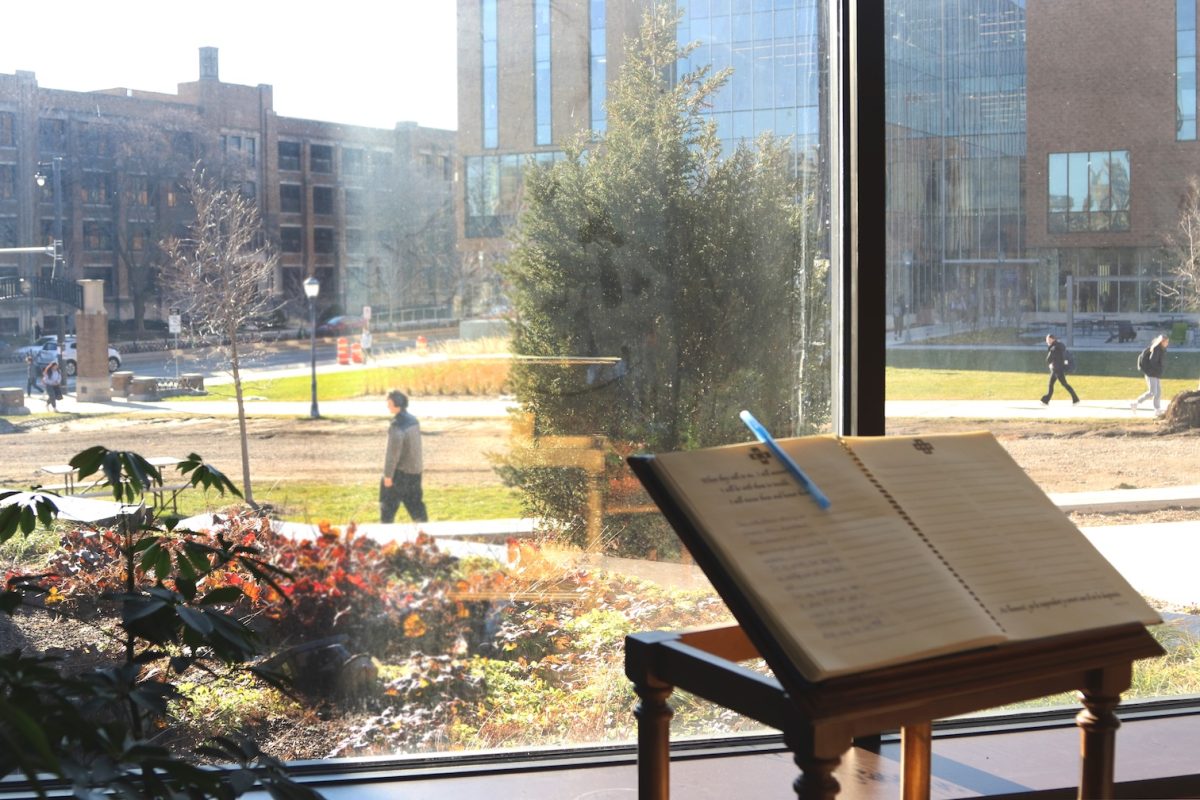For many, college is a time of discovering themselves and experimenting with career paths. This often includes switching majors. The process of switching majors varies in difficulty depending on the person, students say. Some describe it as a breeze, but for others, it is described as a headache.
Summer Luna, a first-generation sophomore in the College of Arts & Sciences, is currently in the process of switching to biomedical sciences in the College of Health Sciences. Her current major is undecided.
“For me the process of switching is hard, I need to have a B or higher in all classes which can be difficult to accomplish,” Luna says.
Luna also mentions the effect of being a first-generation student on her mental health.
“As a first-generation student, you already have imposter syndrome and it forces academic pressure and I feel like it’s every other day that I’m facing an ‘I’m not good enough’ mentality,” Luna says.
Luna comes from a lower-income family and pays her own way through school. She discussed how this changes her outlook on switching majors.
“There’s a lot of guilt that comes with it because my parents would want to help me as much as they can but with the amount of money that has to be spent each semester on textbooks, they can’t,” Luna says. “I also have a younger sibling they need to take care of.”
Brieana Murillo, a former Marquette student in the College of Arts & Sciences, also mentions the effect of switching majors both financially and mentally. Murillo was a first-year majoring in physiological sciences in the College of Arts & Sciences before switching to the College of Education.
Murillo says from the beginning she knew physiological sciences wasn’t for her.
“I was relieved to get out of something that wasn’t for me but also stressed thinking I would let down my family. I was also very anxiety-ridden trying to find a new major so my parents wouldn’t think I was confused and going in undecided,” Murillo says.
After switching her major and still not feeling comfortable, Murillo ended up deciding by the end of the spring semester of 2022, that she was going to take a break from school. After summer ended, she came to a new conclusion.
“While taking the fall semester off, I realized that college just wasn’t for me and I had to help myself realize that was perfectly okay,” Murillo says.
There are also students who aren’t from the United States who face the struggle of navigating an education system that is new to them.
Tin Krstulovic, a junior in the College of Arts & Sciences, came to Marquette from Slovenia. Krstulovic was an biomedical engineering major who switched to applied mathematics.
“Biomedical engineering was really hard for me since the beginning. It was an insane amount of time doing stuff. I didn’t know how to use computers until coming to the U.S. which was also stressful,” Krstulovic says.
Other students, like Sam Robertson, a sophomore in the College of Communication, says switching majors is an overall simple process.
Robertson switched his major from communication film and media studies to digital media his first year.
“I realized I wanted more hands-on experience,” Robertson says. “I thought the process of switching wasn’t too tough, the transition made sense and I was coached all the way.”
However, for Krstulovic, the process of switching his major was one he described as something he didn’t know anything about.
“The most stressful part about switching majors was coming in not knowing much about majors. Once I came here, I was really confused,” Krstulovic says. “It was a new environment, a totally different world. For a few months, I was totally lost.”
Luna also mentions another concern among students who switch majors is the cost.
“A lot of times, it’s not just textbooks that are required. My professors will also recommend outside resources like molecule kits and flashcards. As classes get harder, it takes a lot more resources to be successful,” Luna says.
Luna describes this as a loss of investment.
“All that money could’ve gone towards the books for the major that you actually end up pursuing,” Luna says. “It’s a big loss on money that you don’t have.”
Robertson says switching majors can also affect students mentally.
“I was stressed a little before the process. It is a potential career change, it’s a potential life change. When you change majors, you go into something new,” Robertson says. “So, the learning process is always tough, but the support I got from my advisor made me feel very secure.”
Robertson is not the only student faced with emotional challenges from switching majors. Murillo says people are often pressured by society’s expectations to attend college.
“People feel it’s an obligation to attend college so sometimes they go in without having a clue what to do. This leads to them switching majors which can negatively affect them financially in the long run,” Murillo says. “I bet that kind of financial stress could send someone mentally spiraling.”
This story was written by Jolan Kruse. She can be reached at jolan.kruse@marquette.edu.









